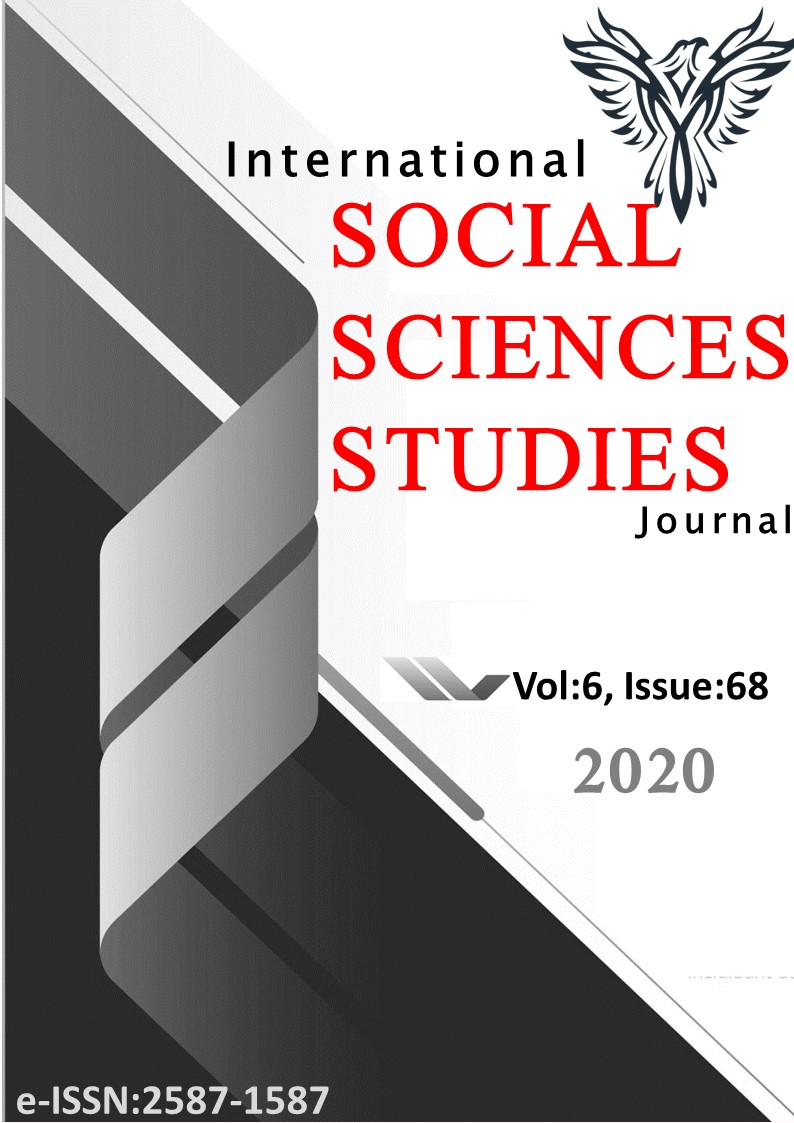Author :
Abstract
Bu araştırma, spor sponsorluklarının tüketici tutumuna etkisini Fenerbahçe futbol taraftarı özelinde belirlemek amacıyla gerçekleştirilmiştir. Çalışmamızın örneklem grubunu 2018-2019 Eğitim Öğretim yılında, İstanbul Üniversitesi-Cerrahpaşa Spor Bilimleri Fakültesi’nde öğrenim gören 87 kadın, 212 erkek olmak üzere toplam 299 Fenerbahçe taraftarı oluşturmaktadır. Araştırmada Yüceer (2012) tarafından oluşturulan “Sponsorlukların Tüketici Tutumuna Etkisi ve Bir Araştırma” adlı yüksek lisans tezinde kullanılan ölçek uyarlanıp tekrar oluşturularak kullanılmıştır. Verilerin normal dağılım gösterip göstermediğini belirlemek amacıyla Shapiro Wilks normallik testi uygulanmış ve parametrik testlerden Bağımsız örneklem t-testi ve One-way Anova testleri kullanılmıştır. Katılımcıların cinsiyet, yaş, aylık gelir, eğitim durumu, ürün alma, kombine durumlarına göre spor sponsorluğuna yönelik tutumları arasında anlamlı farklılık olduğu tespit edilmiştir. Medeni durum değişkenine göre ise anlamlı farklılık elde edilmemiştir, ancak evli olan bireylerin bekar bireylere göre ortalama puanları daha yüksektir (p<0.05). Sonuç olarak, katılımcıların cinsiyet, yaş, eğitim seviyesi, ürün alma ve kombineye sahip olma durumlarına göre farklılıklar tespit edilmiştir.
Keywords
Abstract
This research was carried out in order to determine the effect of sports sponsorships on the consumer attitude specifically for Fenerbahçe football fans. The sample group of our study consists of 299 Fenerbahçe fans, 87 women and 212 men studying at Istanbul University-Cerrahpaşa Faculty of Sport Sciences in the 2018-2019 academic year. In the research, the scale used in the master thesis titled “The Effect of Sponsorships on Consumer Attitude and a Research” created by Yüceer (2012) was adapted and reused. Shapiro Wilks normality test was applied to determine whether the data showed normal distribution and sample t-test and One-way Anova tests were used independent from parametric tests. It was determined that there was a significant difference between participants' attitudes towards sports sponsorship according to their gender, age, monthly income, educational status, product purchase, combined status. According to marital status variable, no significant difference was obtained, but the average scores of married individuals are higher than single individuals (p<;0.05). As a result, differences were determined according to the participants' gender, age, education level, purchasing and having a combination.
Keywords
- Tükenmez, A., Güler, C., Çavuşoğlu, S.B. & Avcı, S. (2020). “Spor Sponsorluğunun Tüketici Tutumuna Etkisi: Futbol Taraftarı
- grubunu 2018-2019 Eğitim Öğretim yılında, İstanbul
- (2012) tarafından oluşturulan “Sponsorlukların Tüketici





